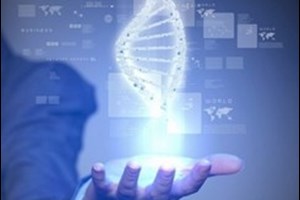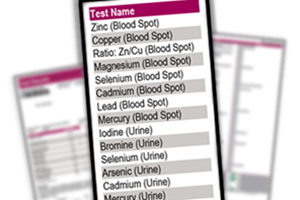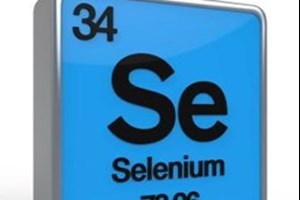The practice of placentophagy – a woman consuming her placenta after she gives birth – is a bit of a hot topic these days. For those of you not familiar with the practice, if you're imagining the Dothraki queen devouring the giant, bleeding heart of a horse with her bare hands, you're probably not alone. In reality, there's much less of a "yuck" factor associated with the process when consuming an…
Tags: Elements Testing, Fertility, Estrogen, Progesterone









